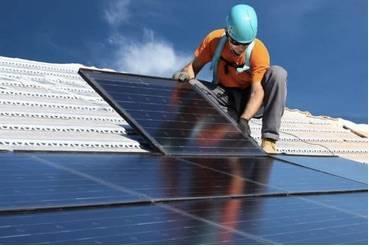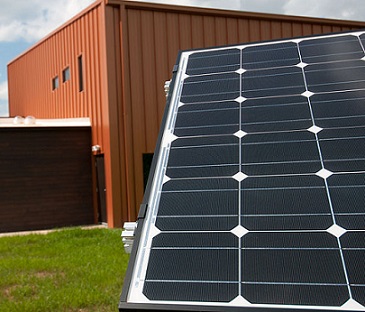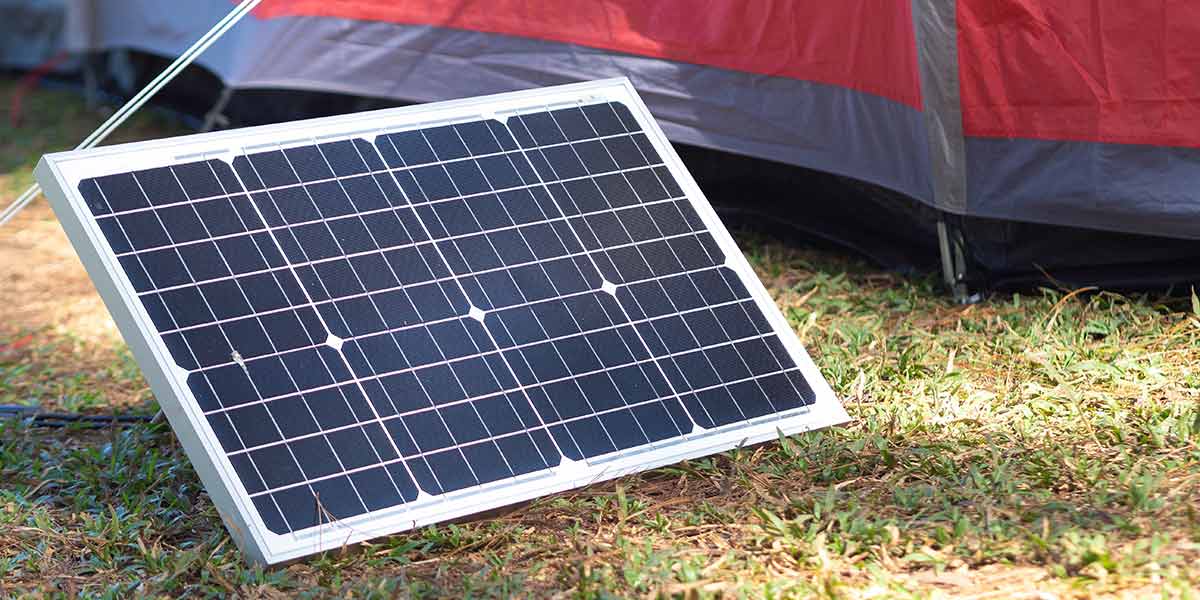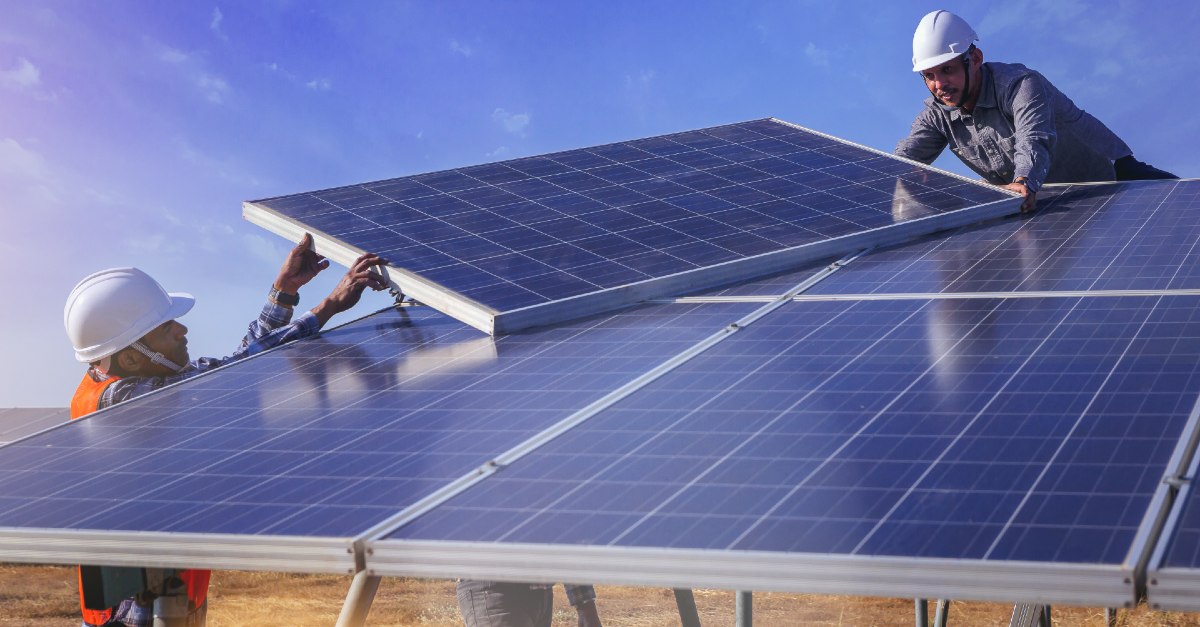Simply put a solar panel works by allowing photons or particles of light to knock electrons free from atoms generating a flow of electricity.
Explain how solar panels are manufactured.
Mono crystalline silicon cells are more efficient than polycrystalline or amorphous solar cells.
These are made out of the element silicon a hard and brittle crystalline solid that is the second most abundant element in the earth s crust after.
Monocrystalline solar panels are produced from one large silicon block and are produced in silicon wafer formats.
Photovoltaic cells make electricity from sunlight.
Each rectangular matrix is laminated onto glass and quickly becomes a larger panel.
Cost most of rec s solar pv systems are typically priced between 2 44 and 3 06 per watt which makes them a strong value in the market for home solar panels.
Here s how a solar panel is put together to do just that on your rooftop day after day.
A collection of pv modules is called a pv panel and a system of panels is an array.
Solar cells are made out of silicon wafers.
We ll look at the manufacturing process for most common panels photovoltaic or pv.
Solar panels absorb the photons and in doing so initiate an electric current.
Solar panels actually comprise many smaller units.
The manufacturing process involves cutting individual wafers of silicon that can be affixed onto a solar panel.
While most solar panel manufacturers offer a ten year materials warranty rec provides a maximum of 20 year warranty against any defects in their solar panels.
The makeup of monocrystalline silicon is similar to that used inside of computer chips.
Monocrystalline silicon panels are made of a mixture of silicon and crystalline seed.
According to solar world a leading manufacturer of solar panels its process involves soldering six strings of ten cells each making a rectangle of 60 cells.
As the solar panel generates an electric current the energy flows through a series of wires to an inverter see step 3 above.
The term solar panel is used colloquially for a photo voltaic pv module.
This flow is known as an energy current and the strength of the current determines how much electricity each cell can produce.
Once the loose electrons hit metal plates the current is then directed into wires allowing the electrons to flow like they would in any other source of electric generation step 2 in our process.
Solar panels are comprised of several individual solar cells which are themselves composed of layers of silicon phosphorous which provides the negative charge and boron which provides the positive charge.
Manufacturers pour this mixture into layers until they have enough layers for individual panels.
First the cells must be put together to form a big sheet.









.jpg)
/Solarpanels-3156a12e053e49c88e4d7f53254fb8a8.jpg)
















